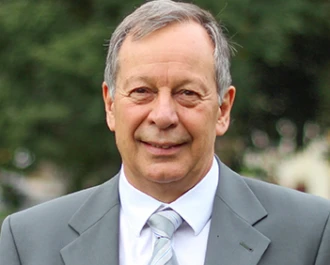
The human immune system helps to protect us against infections from foreign invaders, such as bacteria and viruses. However, it is not always effective at responding to cancer. This is because cancer cells originate from the person’s own tissue, and hence the immune system often does not recognise them as a problem and produce an effective immune response. Immunotherapy is an emerging treatment option for breast cancer, and works by boosting the immune system’s response to cancer cells. Unfortunately not all patients respond well, and it may be due to the behaviour of these immune cells.
Only certain types of immune cells are able to kill cancer cells. A new technique, developed at the Garvan Institute of Medical Research, is helping scientists find these special cells and learn more about how they work.
“The immune cells that have the ability to kill cancer cells are often rare,” said Principal Investigator and NBCF-funded researcher, Associate Professor Alex Swarbrick. “We have to sort through thousands of cells to find them.”
These immune cells can be recognised by their unique surface receptors, that act as a unique barcode. The researchers have developed a new technique to rapidly analyse the barcode of thousands of cells at the same time as determining the type of cell and its relative level of activation. Although previous methods existed, these methods were often time-consuming, expensive and could only analyse 10s or 100s of cells at one time. The new method is called ‘Repertoire and Gene Expression by Sequencing’, or ‘RAGE-seq’.
Researchers have used the RAGE-seq method to screen 7,138 cells from the tumour and associated lymph node of a breast cancer patient – revealing details about the kinds of immune cells present in the lymph node and how that relates to the immune cells present in the primary breast tumour. This type of information from RAGE-seq can help researchers discover cellular markers or cell states that predict response to immune therapy, towards personalising cancer treatments to the individual.
“This research was enabled by the visionary research funding that we have received from the NBCF,” said Dr Swarbrick.
The research was recently published in the journal Nature Communications.
NBCF is proud to have contributed to the funding of this project.
More News Articles
View all News


